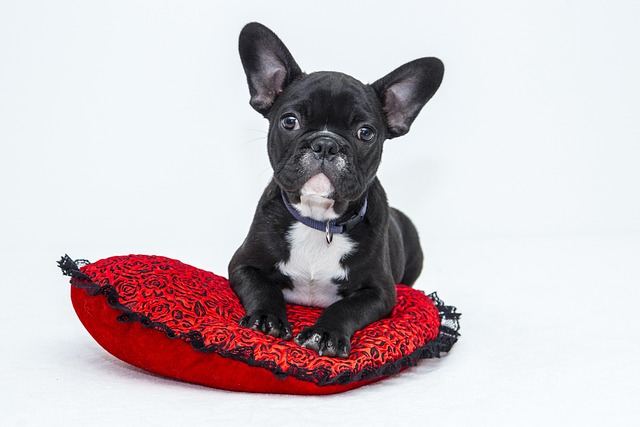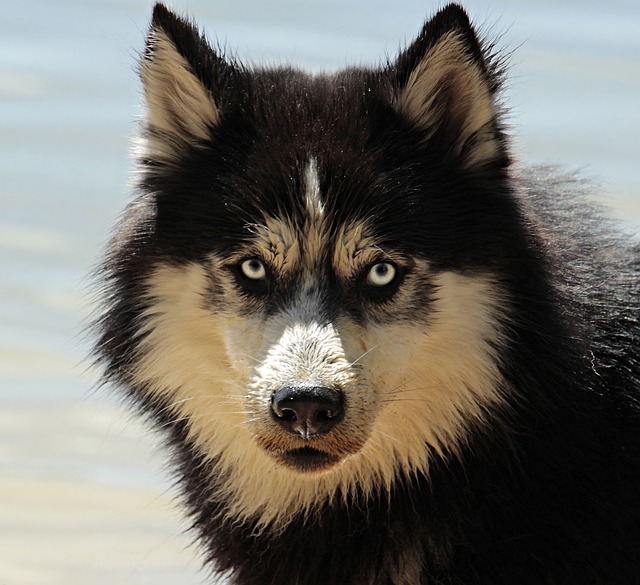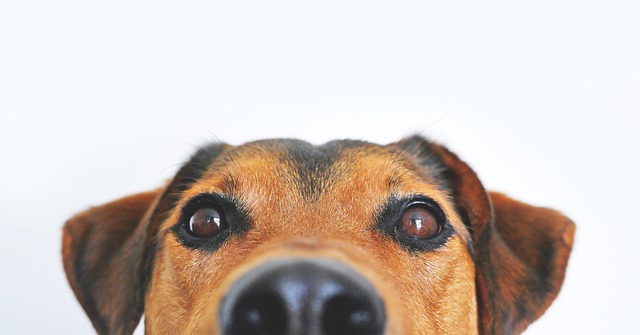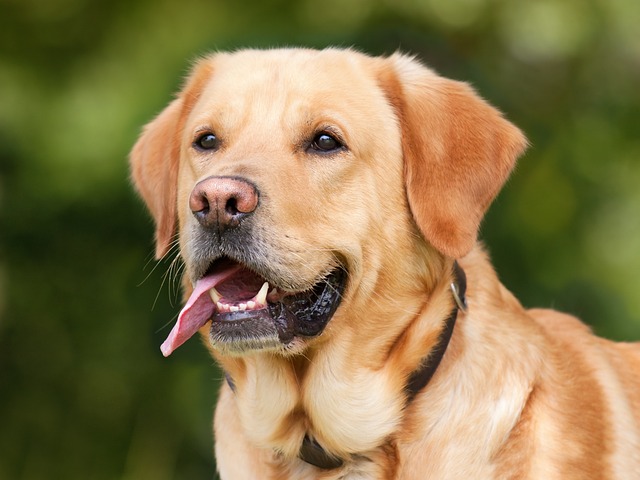· guides · 4 min read
French Bulldog Breed Description: The Perfect Companion Dog
Discover the charming French Bulldog, a lovable, adaptable breed perfect for any household. Learn about their appearance, history, and traits.

French Bulldog: The Ultimate Companion Breed
Breed Overview
The French Bulldog, affectionately known as the Frenchie, is a compact, muscular dog with a distinctive “bat ear” appearance and a charming, affectionate demeanor. Known for their adaptability and playful nature, French Bulldogs make outstanding companions for a variety of households.
History
Originating in the 19th century, French Bulldogs were bred from small bulldog-type dogs brought from England to France. They were developed as companion dogs for lace workers in the Nottingham area and eventually became popular pets among Parisian society. Over time, their unique appearance and lovable personality have made them a beloved breed worldwide.
Appearance and Characteristics
French Bulldogs are small but sturdy dogs, typically weighing between 16 to 28 pounds. They feature a broad, square head with large, upright ears reminiscent of bat wings. Their short, smooth coat comes in a variety of colors, including brindle, fawn, white, and pied.
What Makes Frenchies Unique?
- Compact and muscular build suited for urban living
- Distinctive “bat ears” that stand erect
- Short, smooth coat requiring minimal grooming
- Wide, expressive eyes reflecting their playful nature
- Clownish personality and Velcro-dog tendencies, meaning they crave close companionship
Temperament
French Bulldogs are well-known for their friendly and easygoing nature. They are generally affectionate, loyal, and social dogs who enjoy interacting with family members, including children and other pets. However, successful integration with children and other animals often depends on early and ongoing socialization, ensuring harmonious relationships.
While many French Bulldogs tend to be quite calm and avoid excessive barking, individual temperament varies. Some may express themselves vocally, especially if left bored or anxious.
It is also worth noting that Frenchies can experience separation anxiety due to their strong attachment to their owners. Proper training and gradual acclimation to being alone can help mitigate this.
Health Considerations
Due to their brachycephalic (short-nosed) structure, French Bulldogs are prone to specific health challenges:
- Respiratory issues: Difficulty breathing in hot or humid weather, requiring owners to avoid overheating.
- Joint problems: Common issues include hip dysplasia and patellar luxation.
- Skin conditions: Allergies and dermatitis can occur, especially in skin folds.
- Eye problems: Such as cherry eye and entropion.
Recommended Health Screenings
Responsible breeders conduct thorough health screenings to reduce the risk of inherited disorders. These tests often include evaluations for hip dysplasia, patellar luxation, cardiac health, and screening for common genetic conditions. Choosing a reputable breeder committed to ethical breeding practices is essential to ensure a healthier French Bulldog.
Living With a French Bulldog
Exercise and Enrichment
Frenchies require moderate exercise to maintain a healthy weight and mental stimulation. Short daily walks combined with indoor play sessions are usually sufficient. Activities such as gentle fetch, puzzle toys, and basic obedience training help engage their intelligence without overexerting them.
Grooming and Care
The French Bulldog’s short coat makes grooming straightforward, but regular care includes:
- Brushing weekly to remove loose hair
- Cleaning facial wrinkles and folds to prevent infections
- Regular nail trimming to avoid discomfort
- Dental care through brushing or dental chews to maintain oral health
- Routine ear checks to prevent infections
Travel, Fashion, and Lifestyle Considerations
Given their compact size and social nature, French Bulldogs are excellent travel companions when planning for their comfort and health needs. Owners often enjoy including them in outings, ensuring they have water, shade, and rest during warmer months.
While fashionable accessories like harnesses, sweaters, or coats can enhance comfort and style, it’s important to prioritize the dog’s well-being over aesthetics. Avoid over-clothing that might restrict movement or cause overheating.
Training and Socialization
French Bulldogs are intelligent but can be somewhat stubborn. Consistent, positive reinforcement training works best, emphasizing patience and clarity. Early socialization is crucial to help Frenchies develop confidence and good behavior around people and other dogs.
They generally excel in basic obedience but may resist repetitive drills. Incorporating bite-sized training sessions with rewards keeps them motivated and responsive.
Is a French Bulldog Right for You?
French Bulldogs thrive in various living environments, from apartments to houses with yards. Their moderate exercise needs and adaptable nature make them suitable for many lifestyles, including families, singles, and seniors.
Potential owners should consider:
- Their ability to provide attentive companionship and manage separation anxiety
- Commitment to health care, including regular vet visits and preventive screenings
- Understanding of breed-specific challenges related to breathing and overheating
With the right care, training, and love, French Bulldogs become loyal and endearing family members and cherished companions.
Summary
The French Bulldog is a distinctive, affectionate breed prized for its charming personality, adaptability, and manageable size. Understanding their unique health considerations, exercise requirements, and social needs helps potential owners provide an enriched and loving environment. Whether you are drawn by their playful spirit or devoted nature, French Bulldogs offer a lifetime of companionship and joy.



